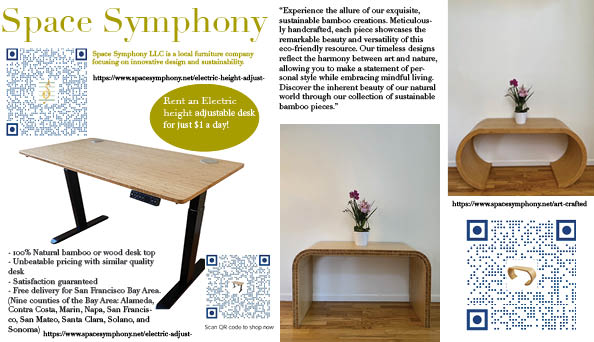As part of Paly’s International Festival, Stanford professor and Hoover fellow Larry Diamond spoke to an assembly of students on March 22 regarding the current state of affairs in Iraq. Diamond, a senior adviser to the Coalition Provisional Authority in Baghdad, traveled to Iraq and assisted in the drafting of an interim constitution.
"The (Jan. 30) Iraqi elections were largely successful; there was a major voter turnout," he reported. According to Diamond, only a small group of Sunni Arabs who comprised 20% of the Iraqi population did not participate."
The purpose of the elections was to select a three-member presidential council, comprised of representatives from all major ethnic groups, which will rule temporarily until a permanent constitution has been written. "The interim constitution is not adopted by Iraqis, so it’s not legitimate," he said.
Diamond explained that a timetable, dubbed the "Nov. 15 [2002] plan," is being used in the reconstruction process. Per the plan, a 25-member council was to draft an interim constitution by Feb. 2003; a transitional government was to take power by June of the same year; and, by March 2005, elections for a constitutional assembly to write a permanent constitution were to take place. So far, all deadlines have been met or exceeded.
The permanent constitution is set to be completed by December of this year, with another set of elections to follow under the new document.
According to Diamond, the drafting of the permanent constitution is a highly political process that will involve a number of issues and setbacks, as well as much controversy. "The structure of the Iraqi state used to be very centralized," he said. "There have been strong sentiments from the oppressed Kurds." The Kurds asked for four levels of government at the national, provincial, local, and regional levels.
Other issues involved in the drafting of the constitution include the relationship between Islam and the state, and the degree and extent of human rights to be granted. "We were very liberal with the Bill of Rights; we even included the Universal Declaration of Human Rights in there," Diamond said. In addition, many Iraqis strongly believe that Islamic principles should be integrated into the constitution.
Near the end of his speech, Diamond expressed some frustration regarding the level of protection the American government provided for its diplomats. "The U.S. government was in gross negligence and unprepared," he said. "The Brits had fully-armoured suits. We (Americans) didn’t have high-quality armor or armored cars…once you’re out of the Green Zone (a protected zone for American officials), your life may be in danger."
Regardless of the treatment received, Diamond is satisfied with his job and roles. A Democrat, he remarked, "It’s no longer an issue about whether going to war was morally right. It was a close call, and I respect that." With regards to serving his duties, he said, "I have completely no qualms at all."


